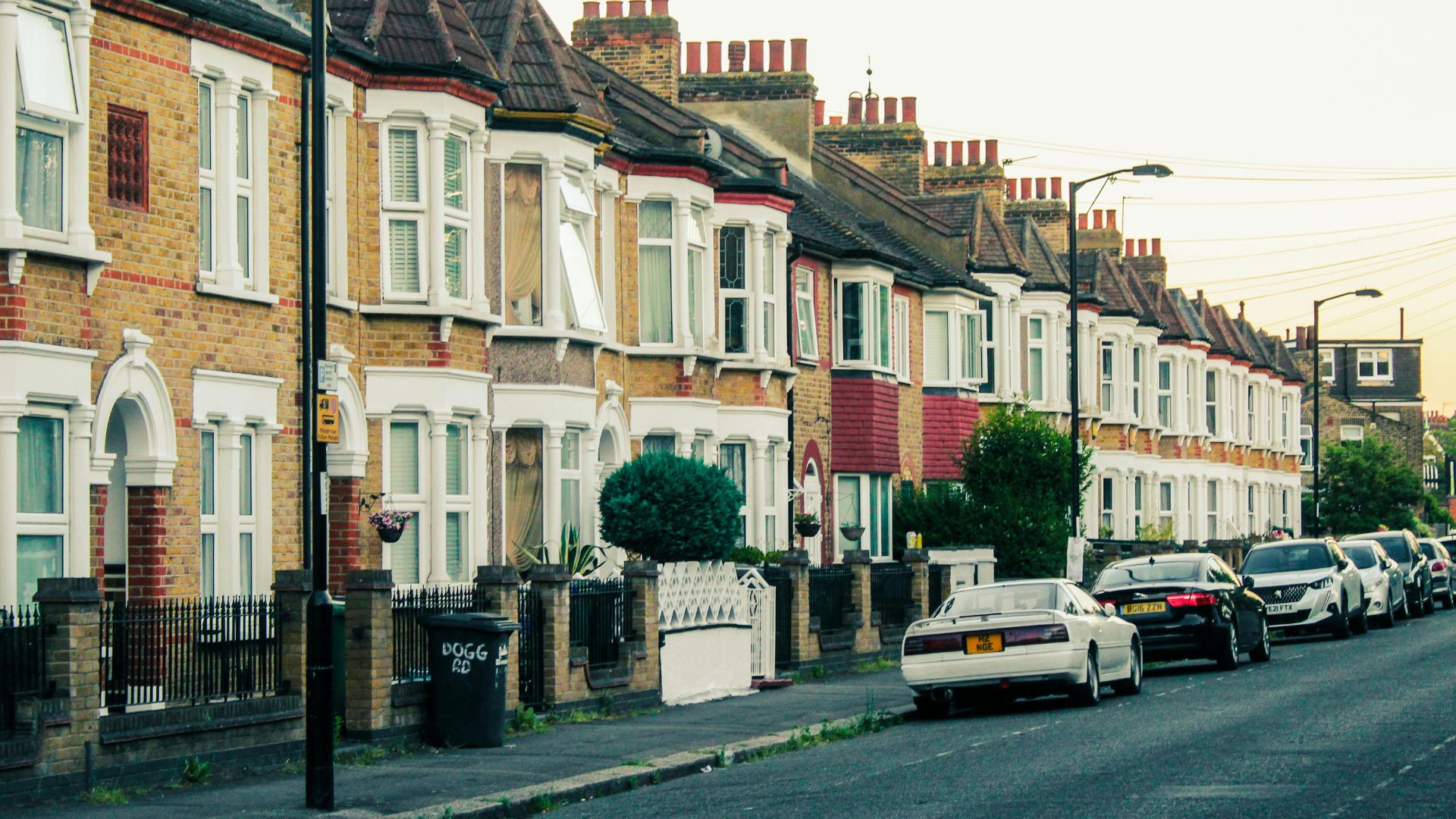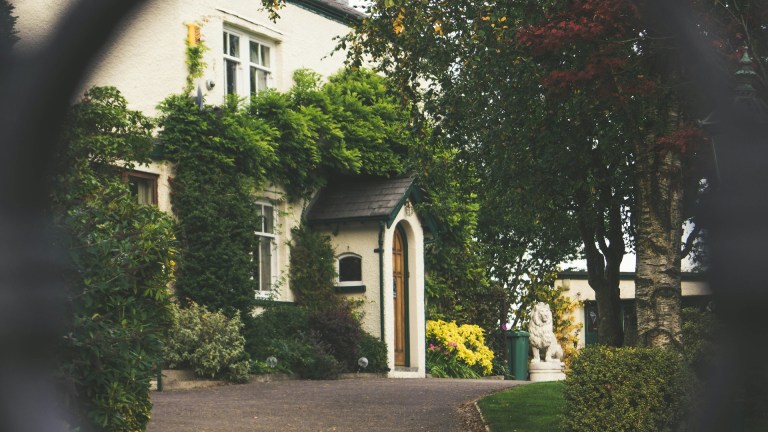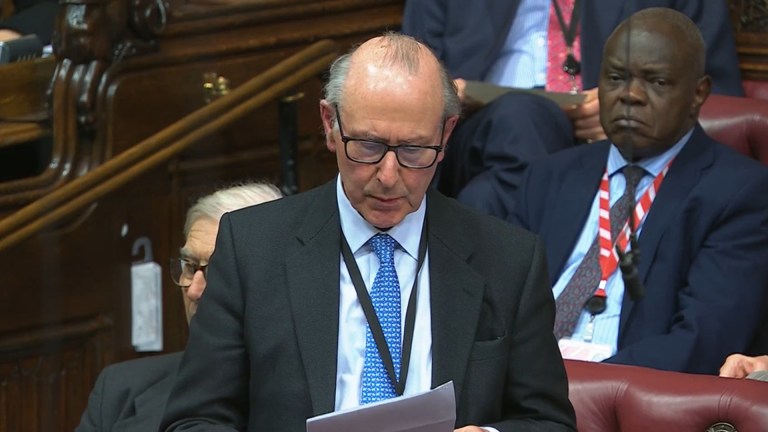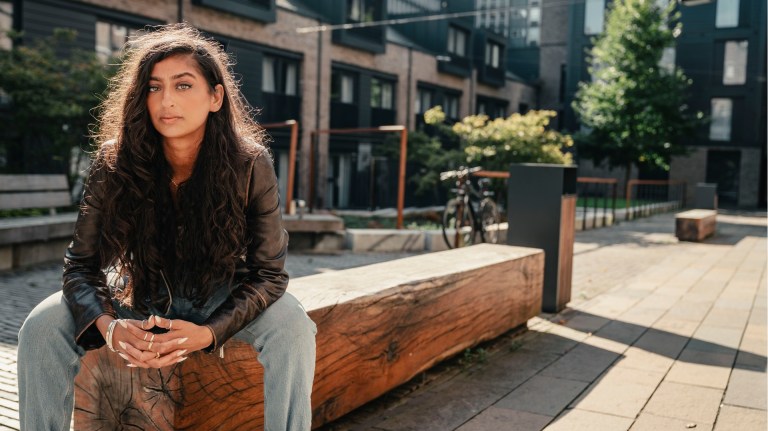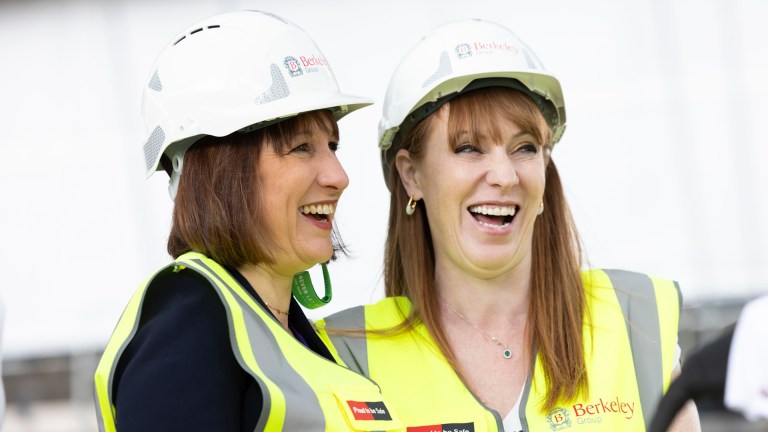Marcus Dixon, director of UK residential research at JLL, said the report was a “stark reminder that while government housing targets remain ambitious, we must find a way to deliver more affordable homes at scale”.
“Just to hold waiting list numbers steady, we’d have needed to have seen almost 70% more affordable homes delivered in the last 12-month period,” Dixon added.
Campaigners and charities have described the spiralling housing waiting list as “devastating”.
“Decades of failure to build enough social housing has left us with a dire shortage. As a result, homelessness levels continue to hit record highs, families are forced to turn to unstable and unaffordable private renting and 1.3 million households are stuck languishing on waiting lists with little hope of securing a stable home,” Polly Neate, chief executive of homelessness charity Shelter told the Big Issue.
Neate added that “whole generations are being born into and growing up in poor quality temporary accommodation and communities are ripped apart as people are priced out of their local areas away from their jobs, children’s schools and support networks”.
She continued: “In the upcoming June Spending Review the government has a golden opportunity to tackle the housing emergency head on and achieve its housing ambitions. Investing in building 90,000 social rent homes a year for ten years would not only clear these waiting lists, it would boost jobs, improve families prospects and end homelessness for good.”
Suz Muna of the Social Housing Action Campaign added that the rising number of people on housing waiting lists highlights the “flawed logic of government housing policy”.
“Part of the increase in people on council waiting lists is driven by people being priced out of their existing social housing,” Muna told the Big Issue. “Even social rents rose 7% and then 7.7% over the last two years, far higher than the wage rises most people have received. Now, instead of reducing rents, the government has promised councils and housing associations that they can increase them above inflation for at least the next decade.”
Muna added: “Housing that is in good condition and well-managed is out of reach for too many people, especially the poorest. Overcrowding contributes to damp and mould. This together with other disrepairs, and insecure housing mean that people are forced to move regularly to chase down cheaper rents and escape bad housing if they can.
“It devastates normal life and creates poor physical and mental health for those affected,” she said, adding that the housing crisis is having a “major, negative impact on children” as “their education is disrupted by having to switch schools as their parents move home, they suffer an educational disadvantage which in turn affects their opportunities later in life”.
Labour has promised to build 1.5 million homes in order to tackle the housing crisis, including a new generation of social homes, however Muna explained that the problem of supply has been “overstated”.
“There are in fact around 600,000 empty homes that are habitable but are being kept empty,” she explained. “A proportion of these are lying empty just because they are intended to make profits for investment companies instead of being used for their true purpose. Such homes should be brought into use as public housing.”
Steps such as rent controls and increased social housing taken in order to ease the housing crisis would “reduce the number of people in temporary accommodation” as well as “reduce the impact on our struggling NHS and welfare benefits system, and create an overall healthier society”, Muna insisted.
The government agreed that the figures laid out in JLL’s report are “unacceptable”, adding that it is taking “urgent action” to address the housing crisis.
“We are taking urgent action to address this through our Plan for Change, building 1.5 million homes this parliament and delivering the biggest increase in social and affordable house-building in a generation,” a Ministry for Housing, Communities and Local Government spokesperson said.
“Local government has suffered from years of short-term decisions, so we have already set out important steps to help them deliver the homes we need, including overdue reforms to the Right to Buy scheme and an extra £500m for the Affordable Homes Programme. We will set out further measures in due course.”
Do you have a story to tell or opinions to share about this? Get in touch and tell us more. Big Issue exists to give homeless and marginalised people the opportunity to earn an income. To support our work buy a copy of the magazine or get the app from the App Store or Google Play.
Big Issue is demanding an end to extreme poverty. Will you ask your MP to join us?
